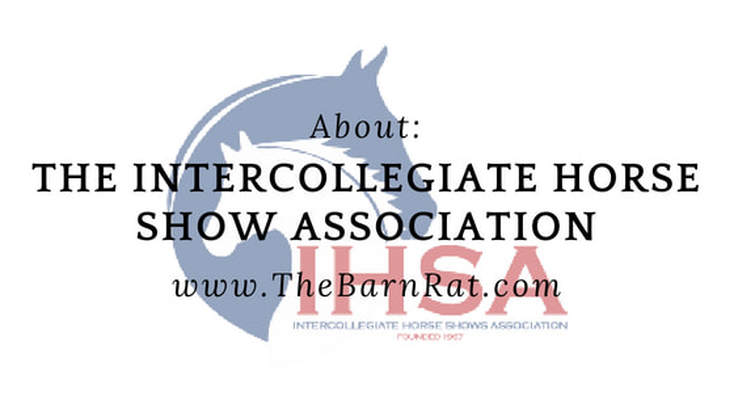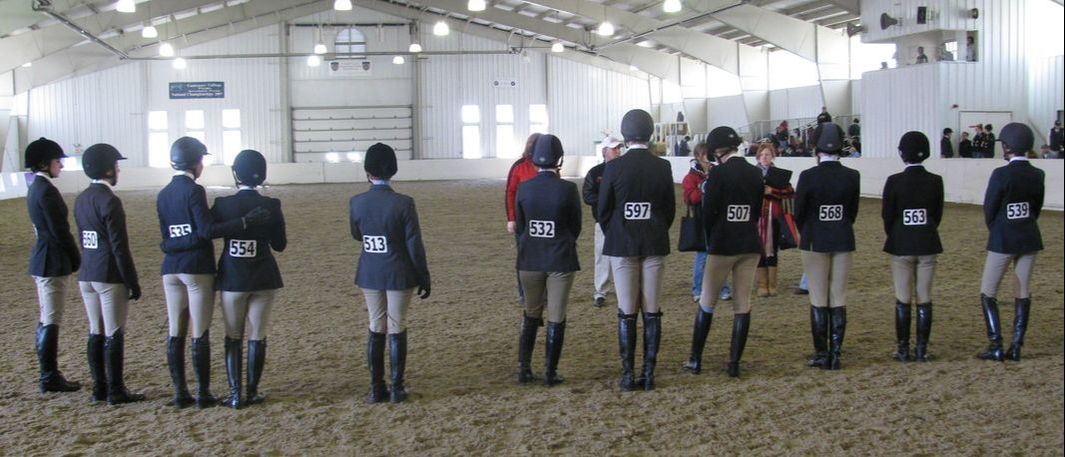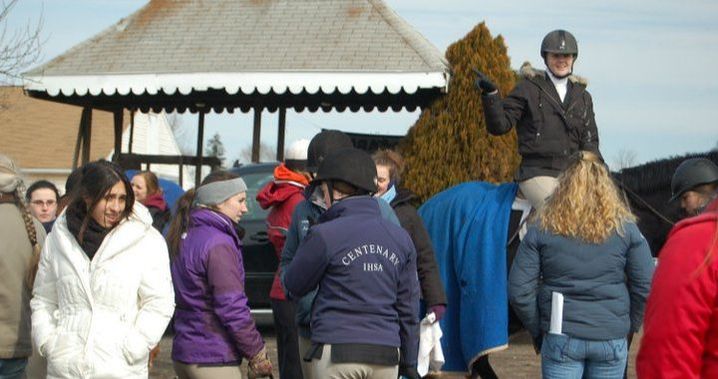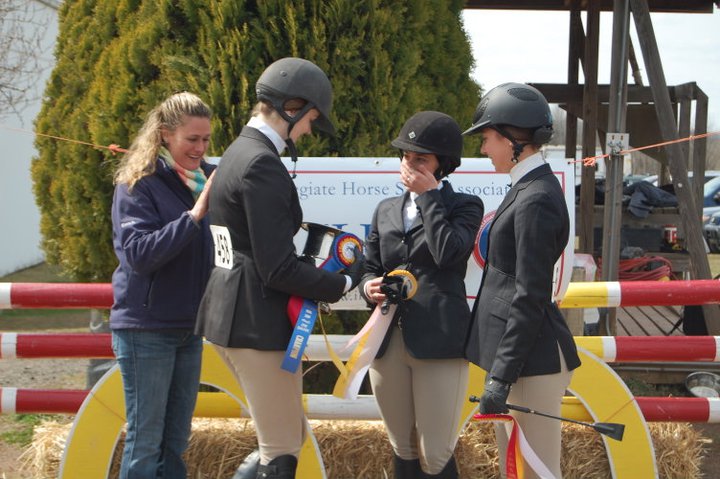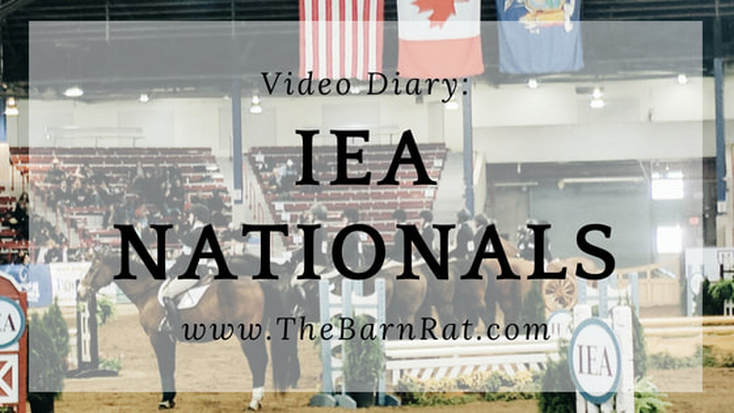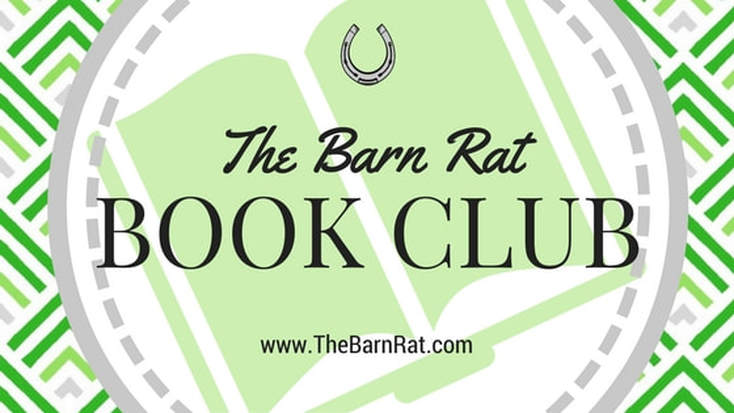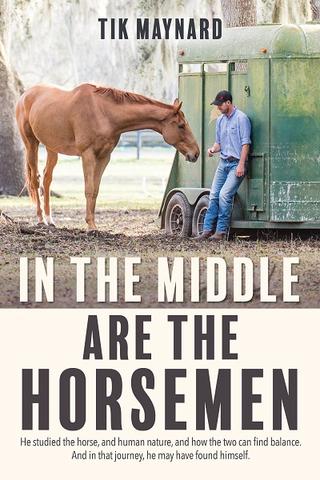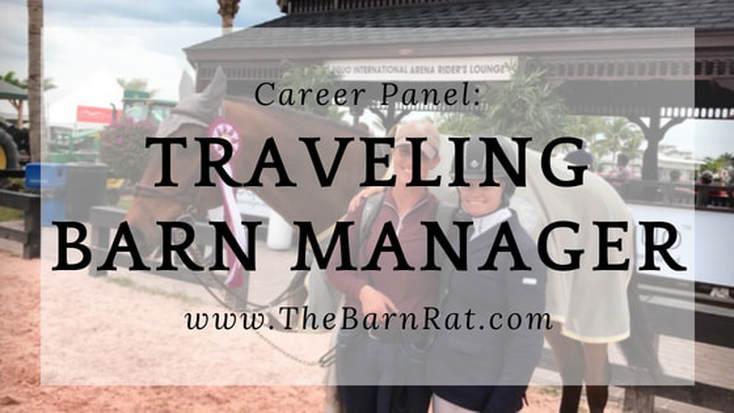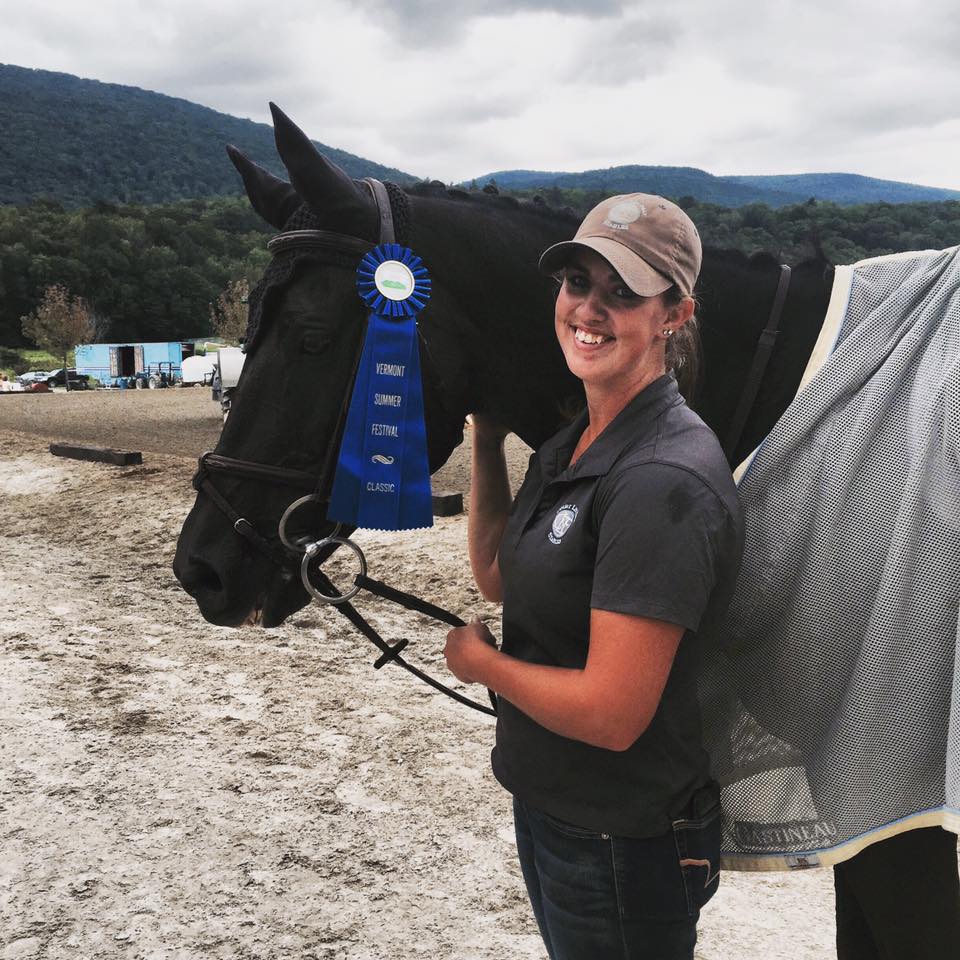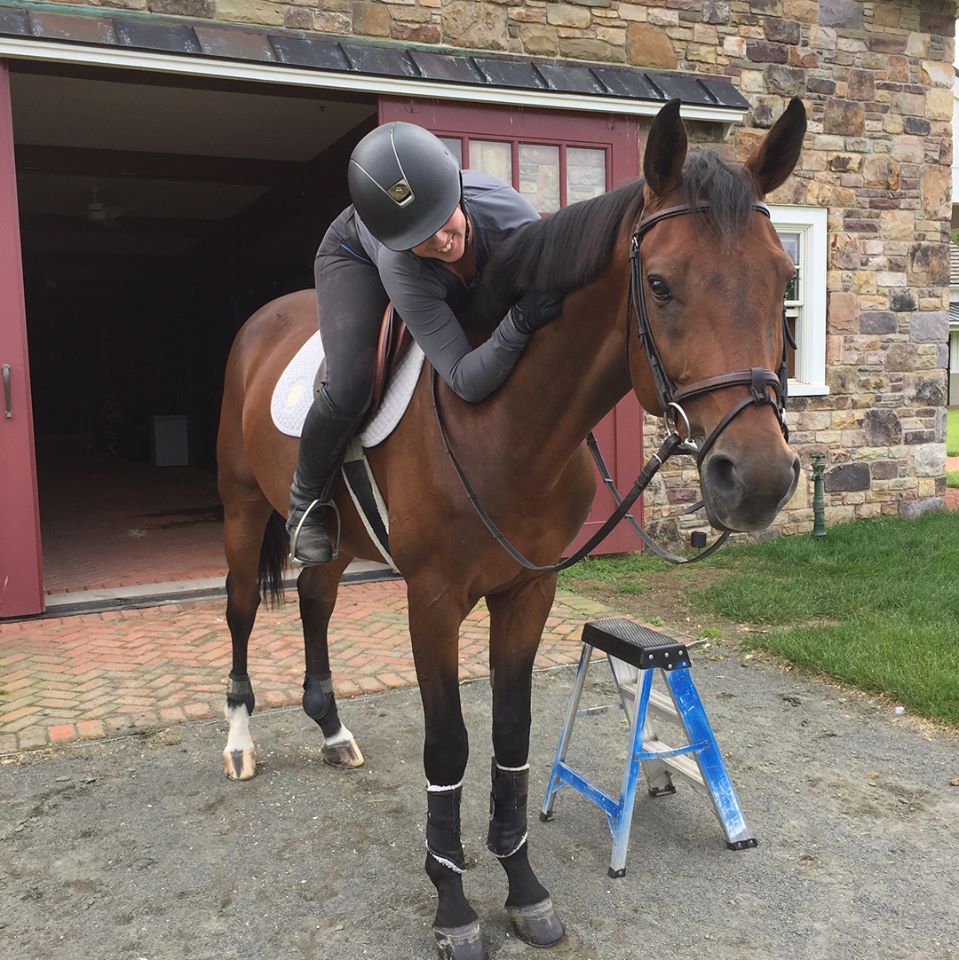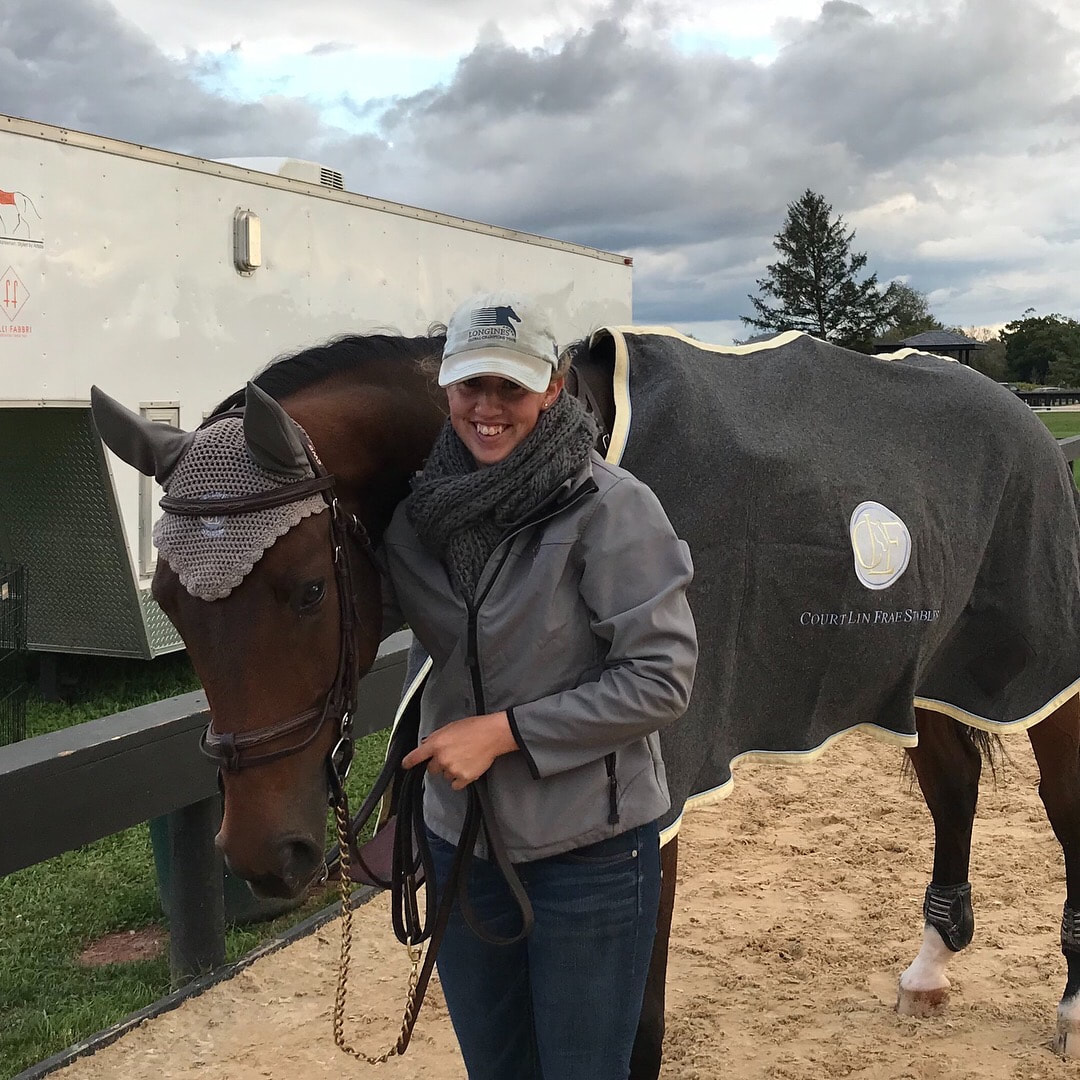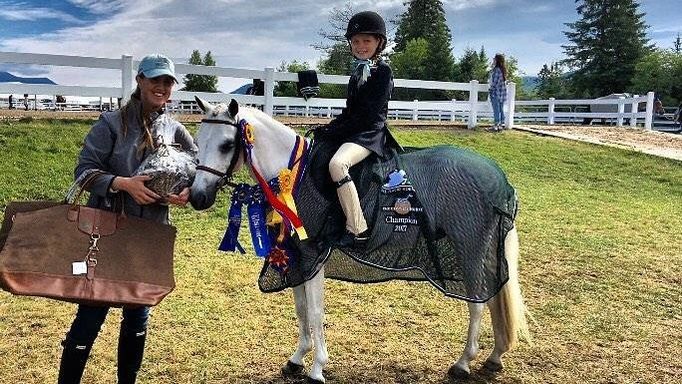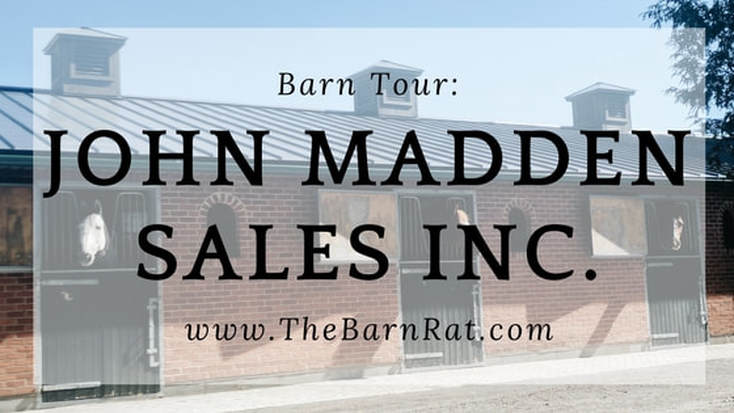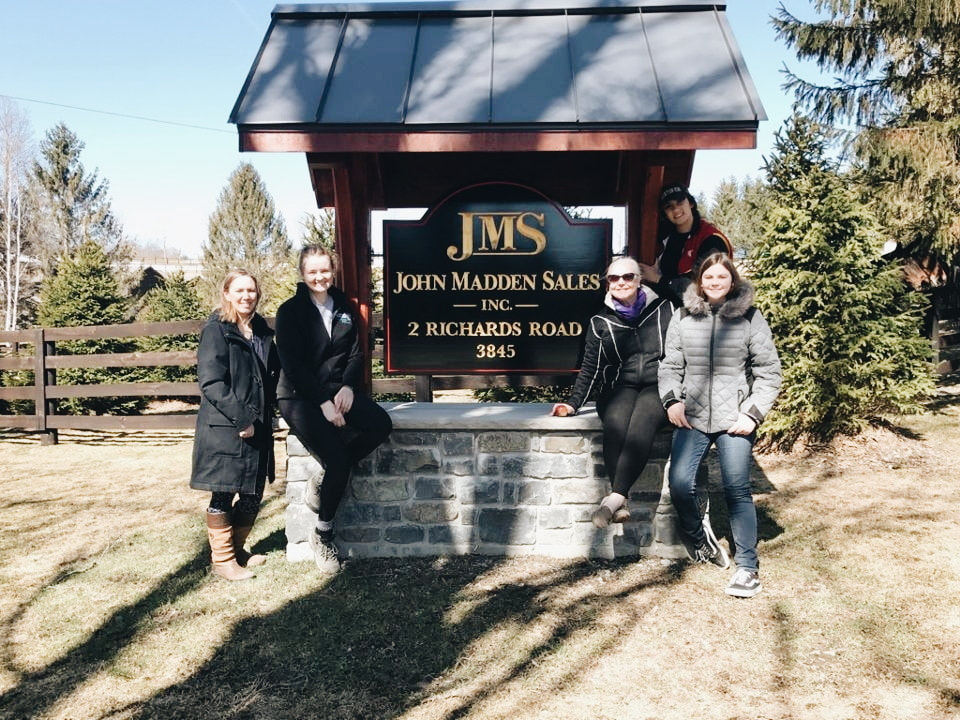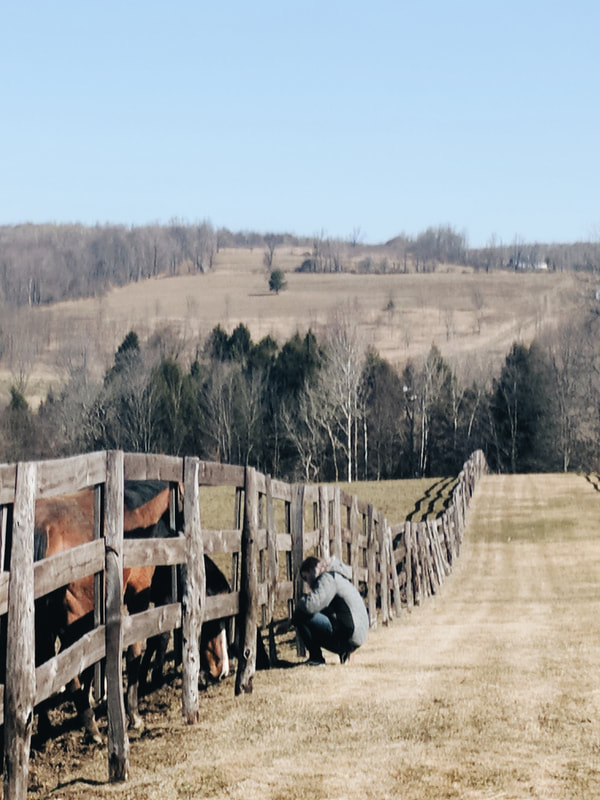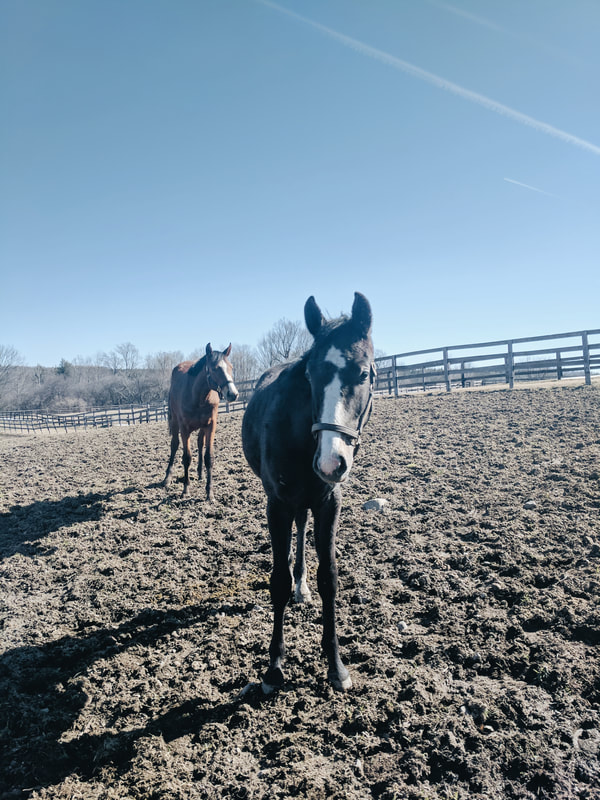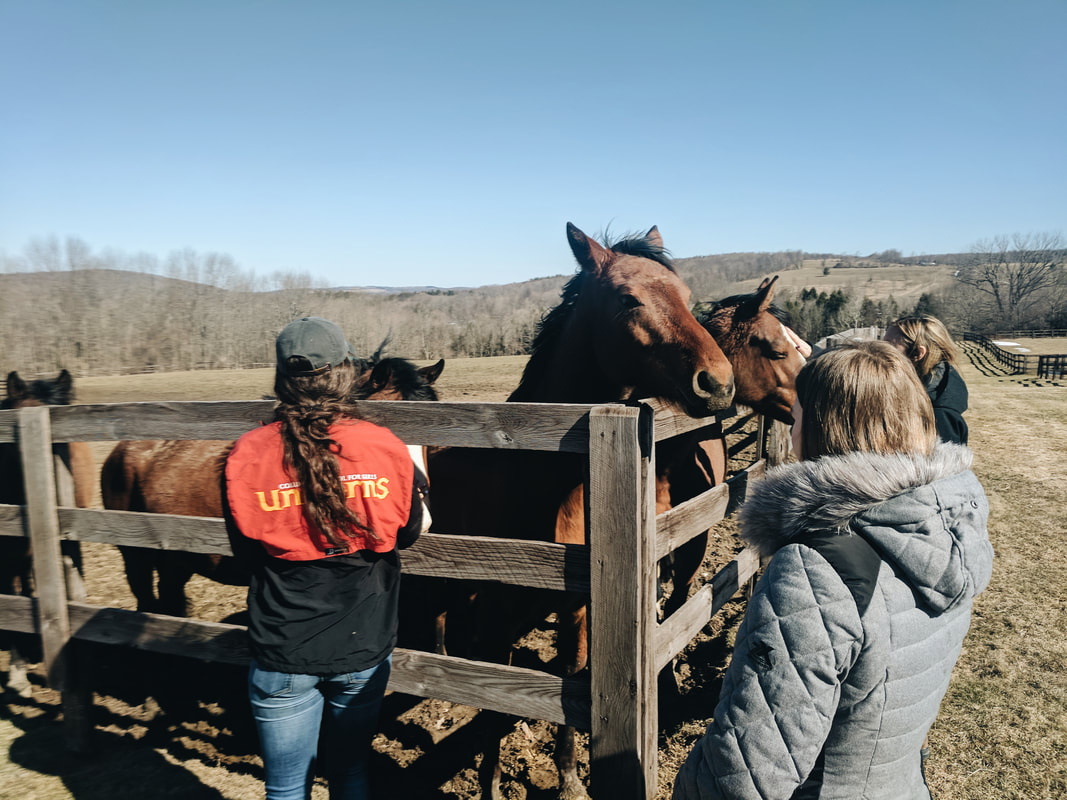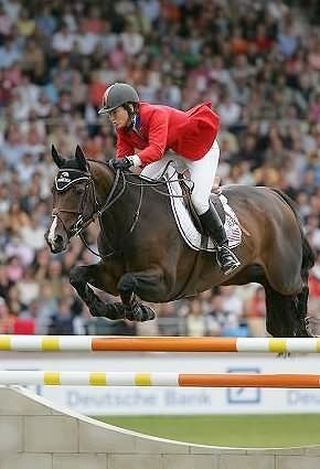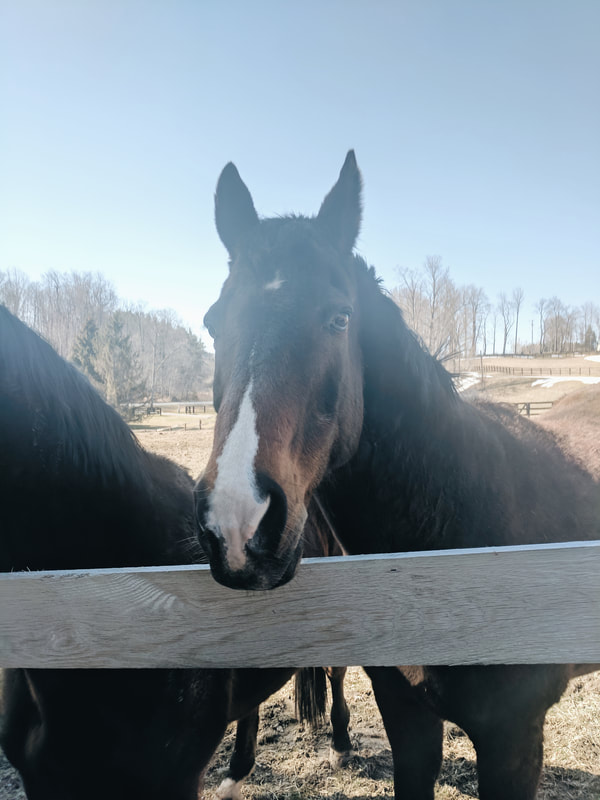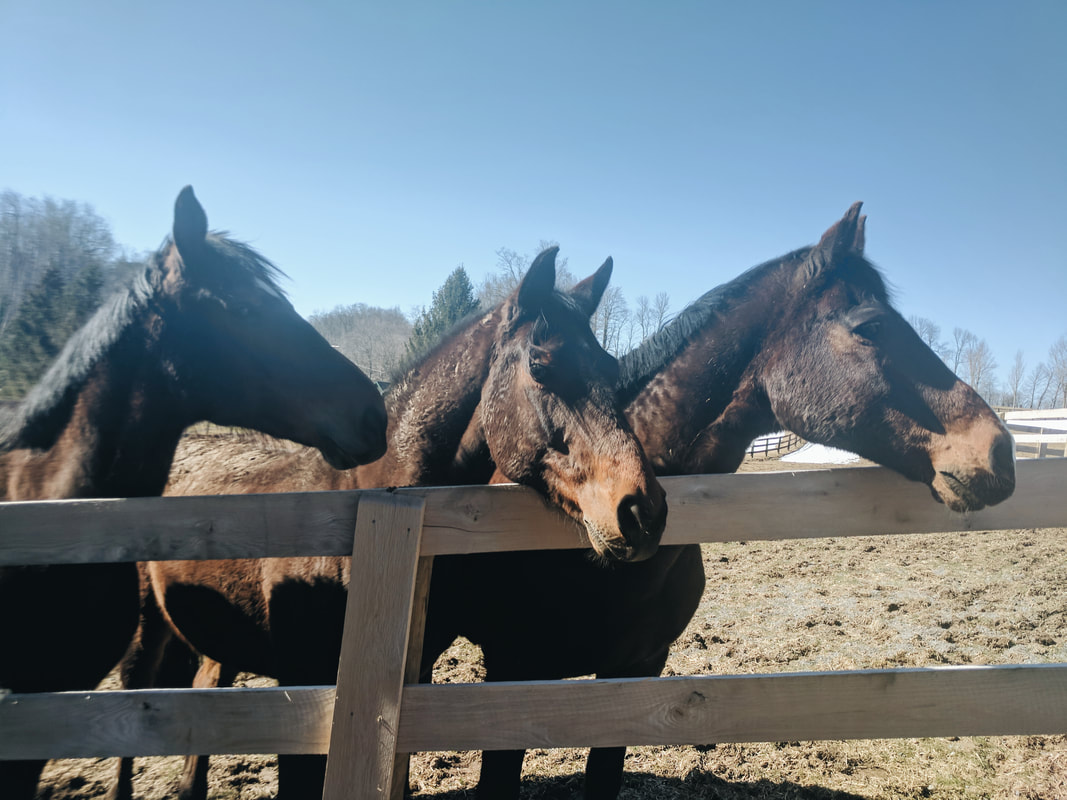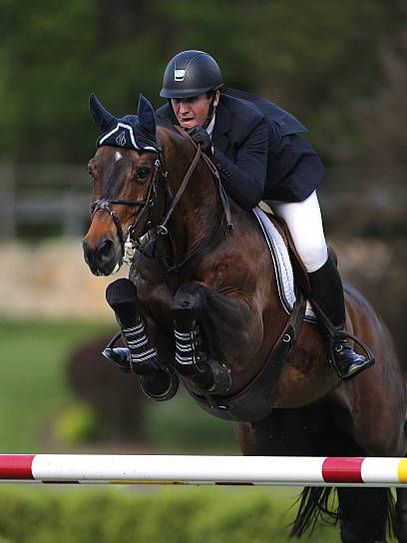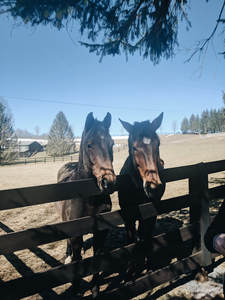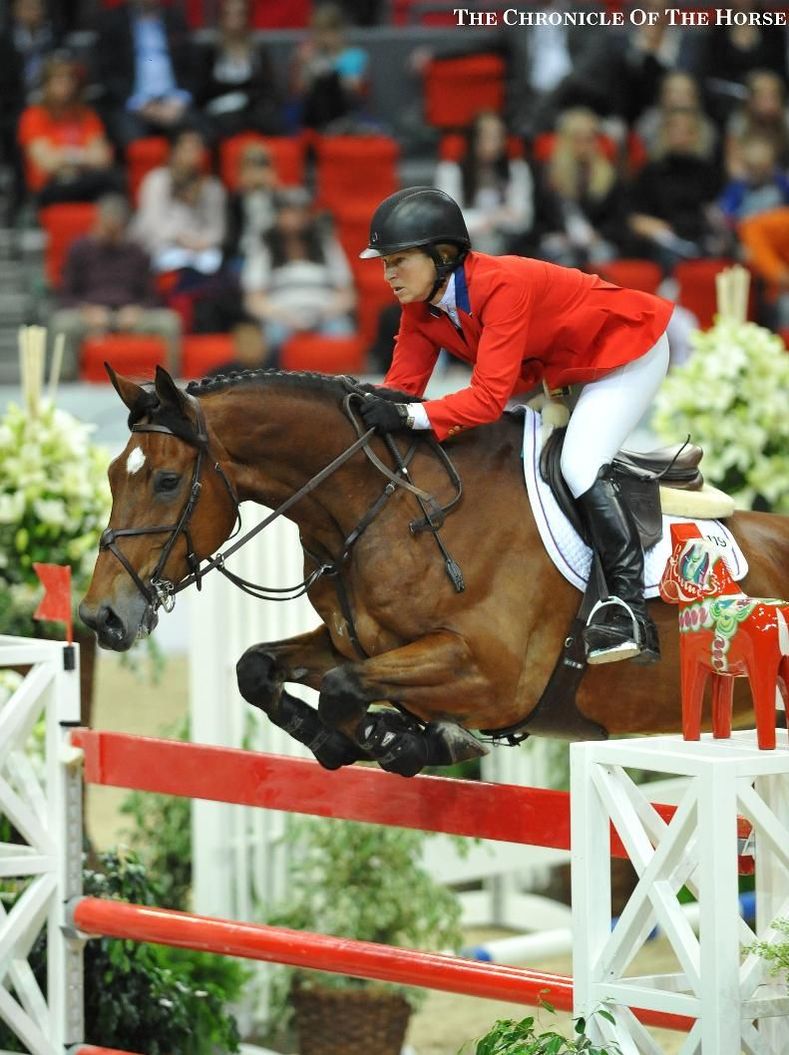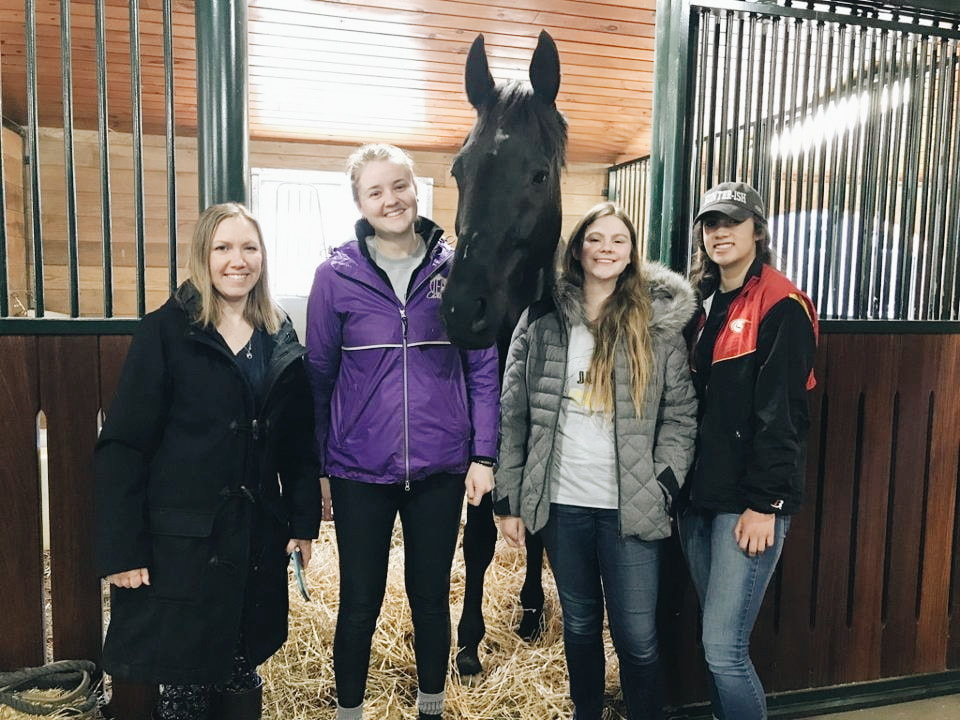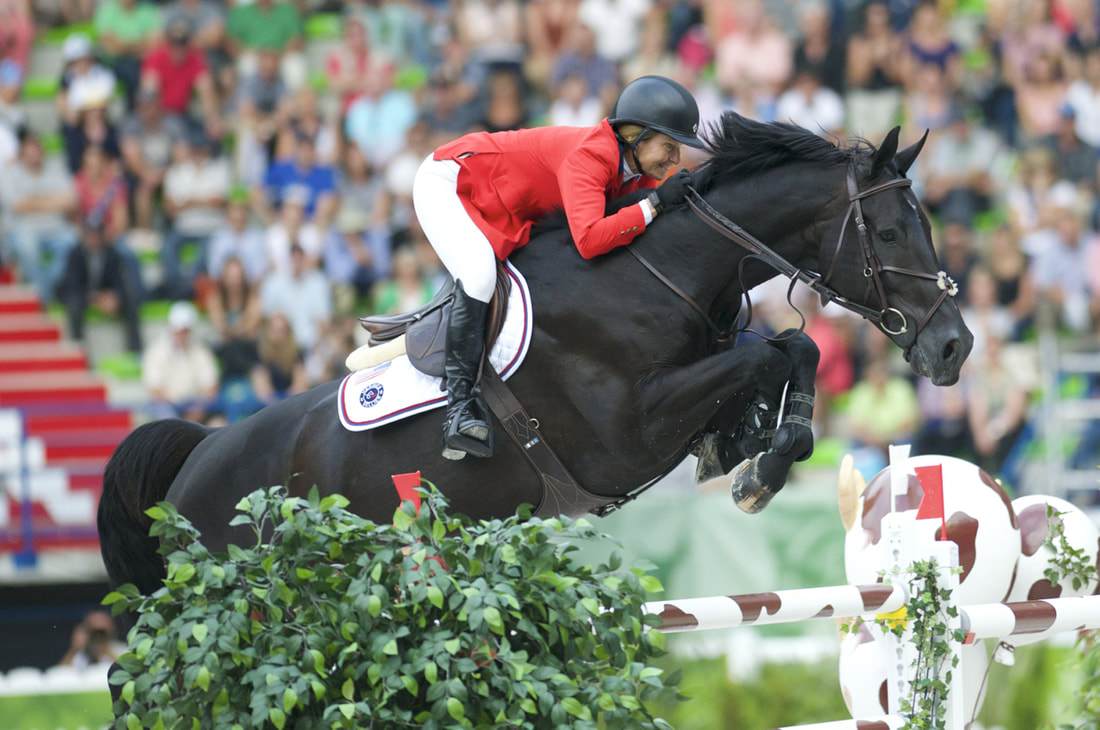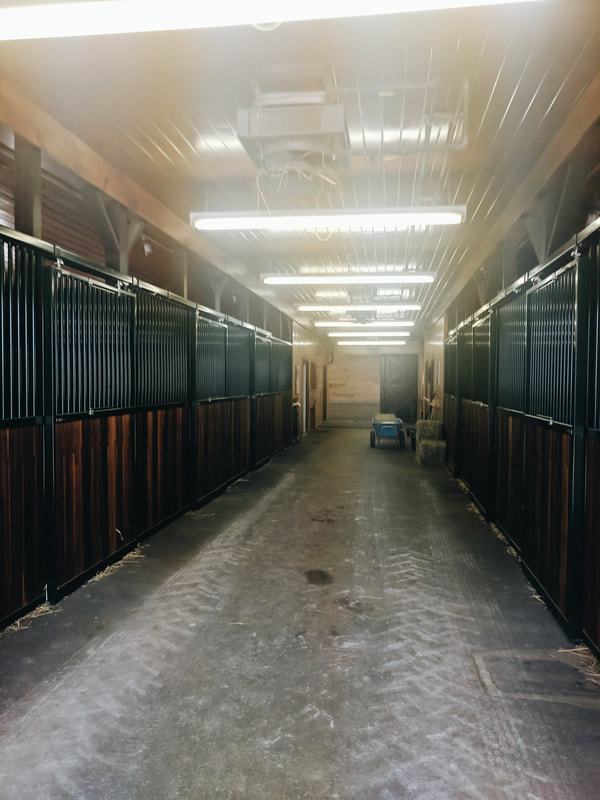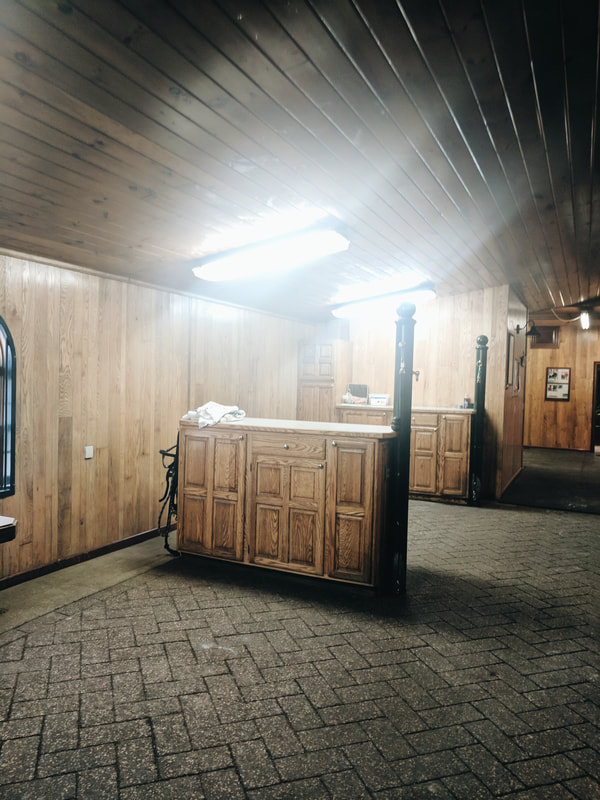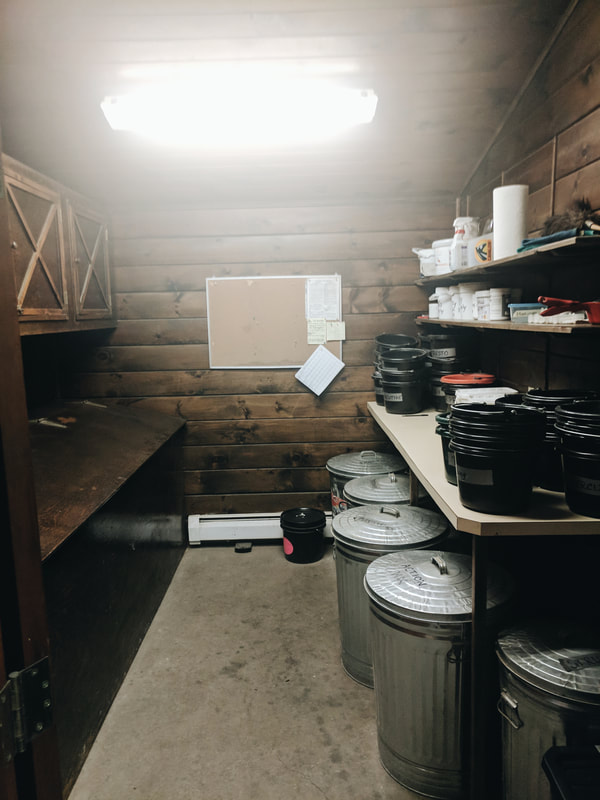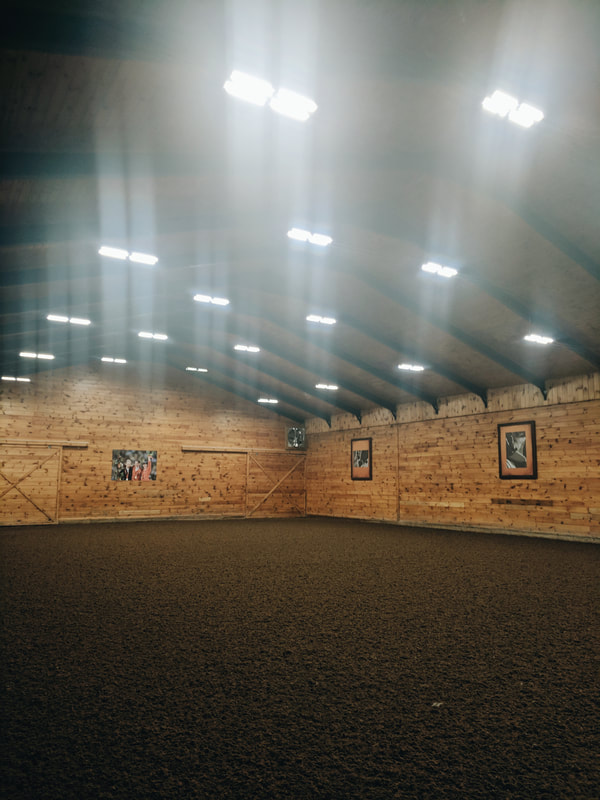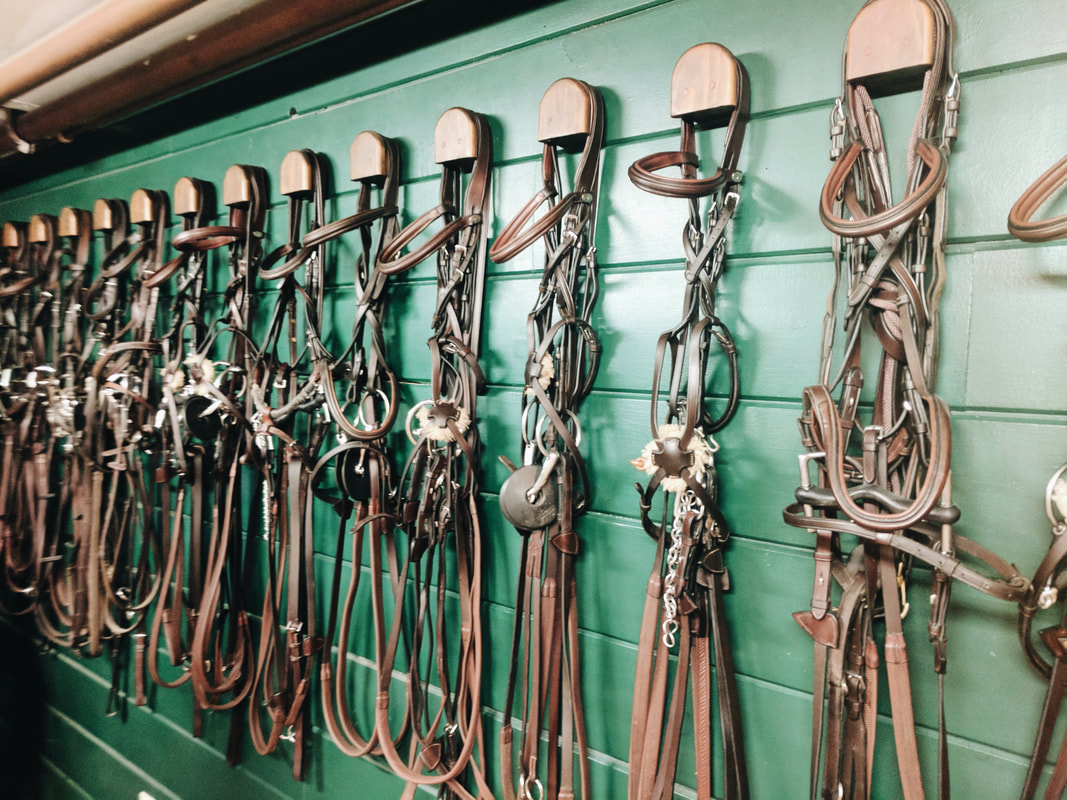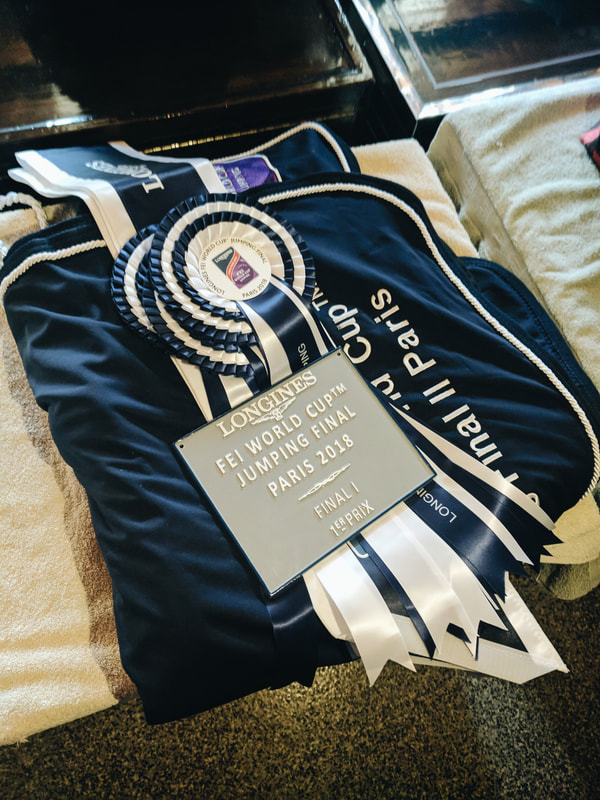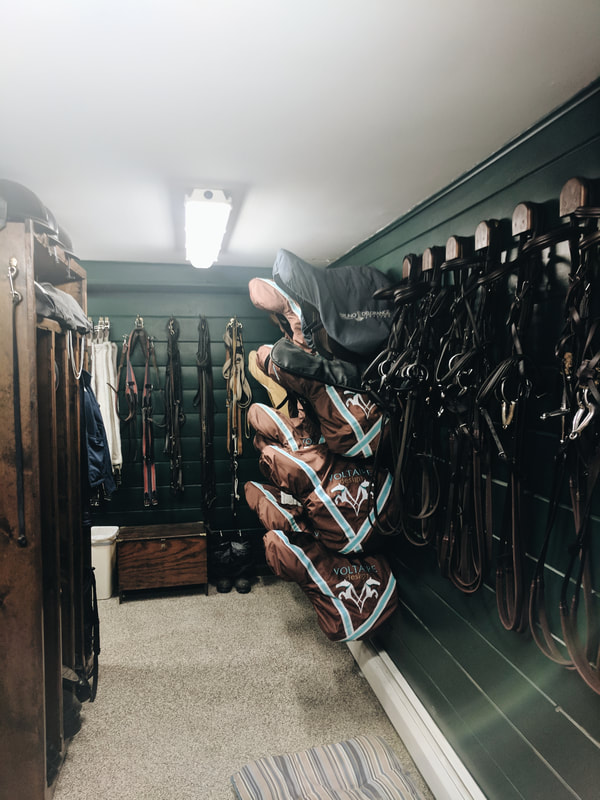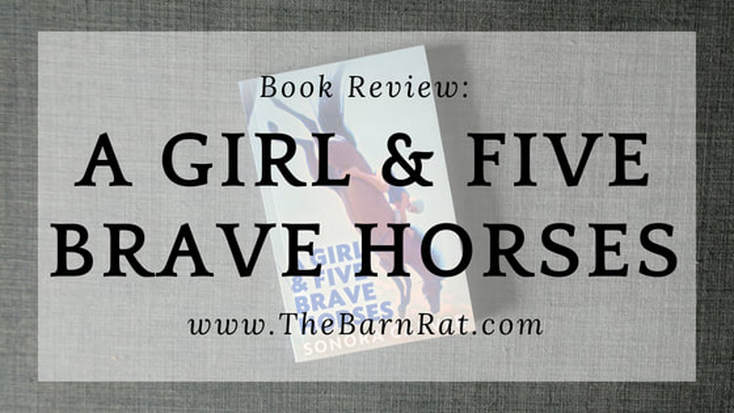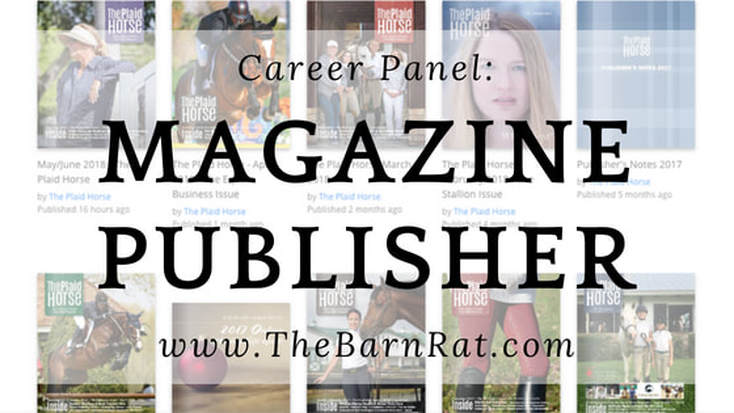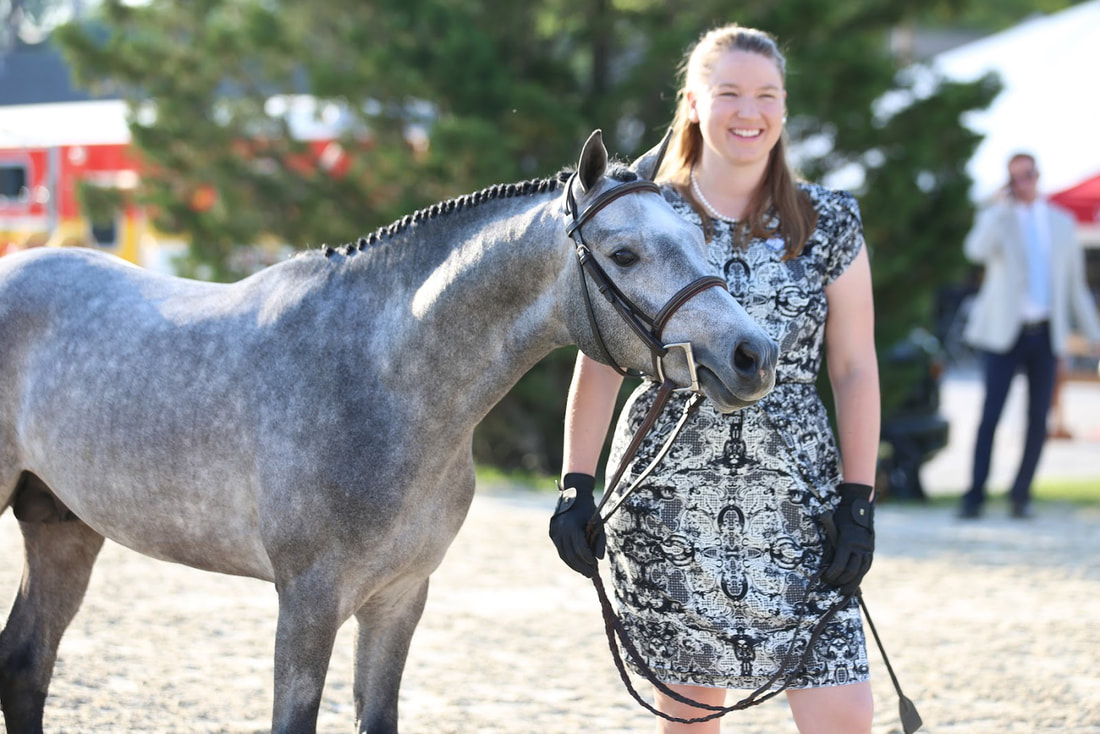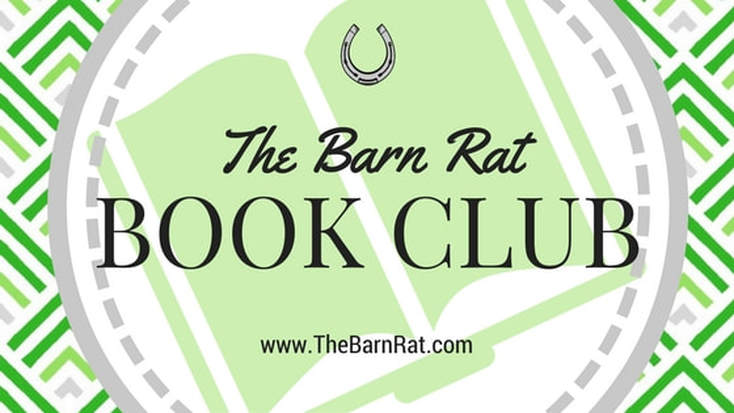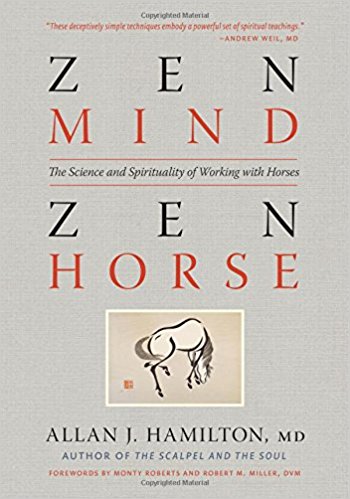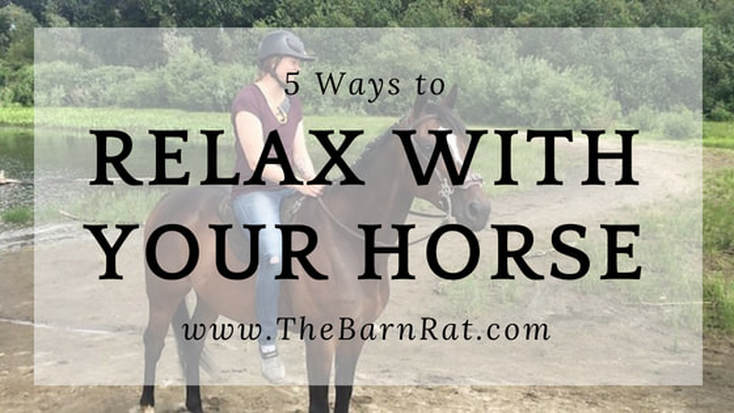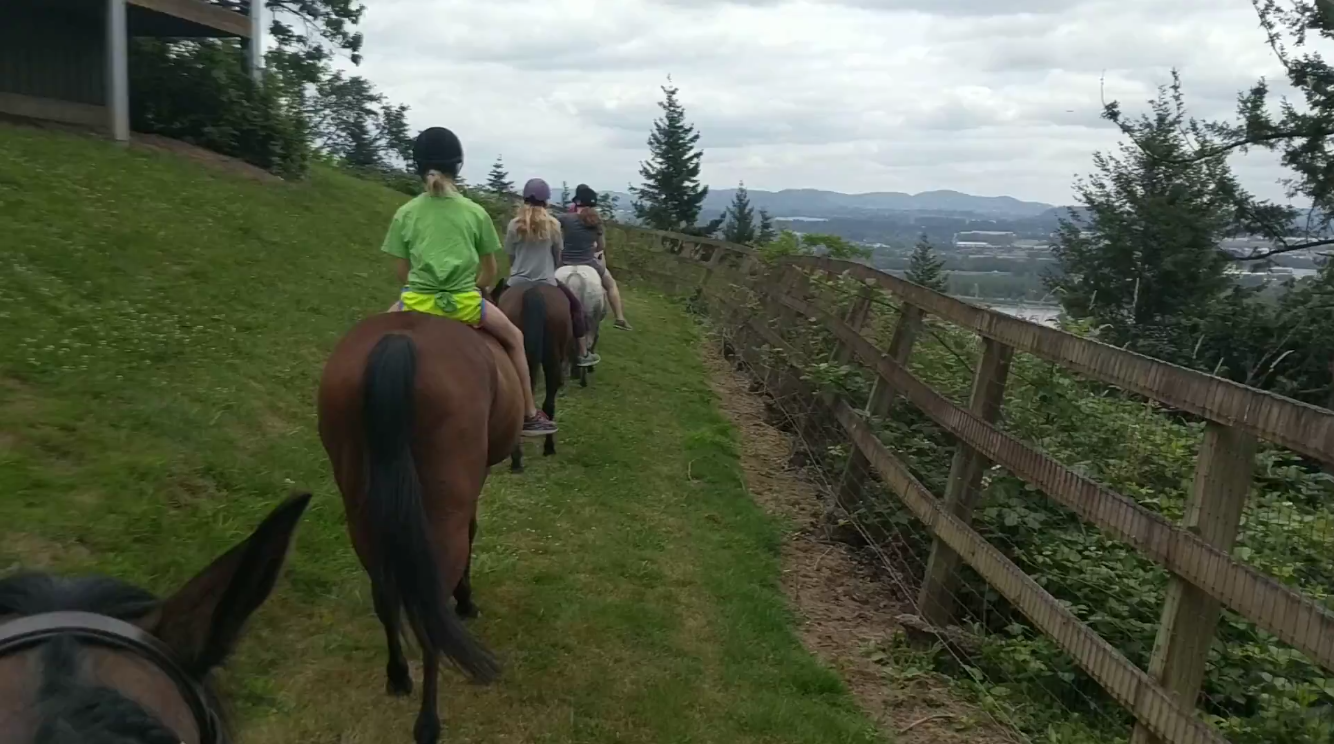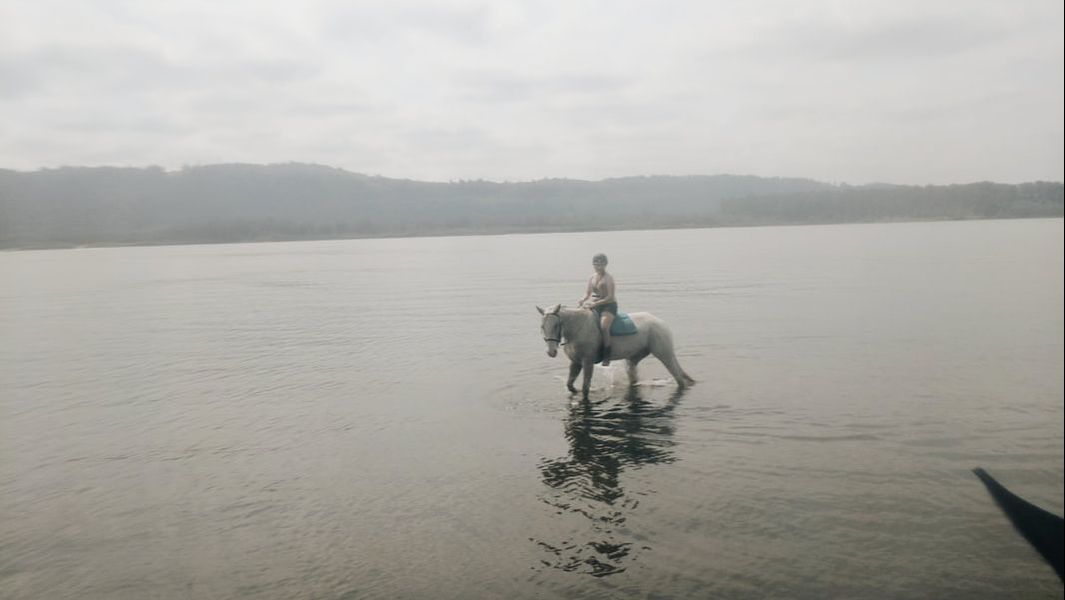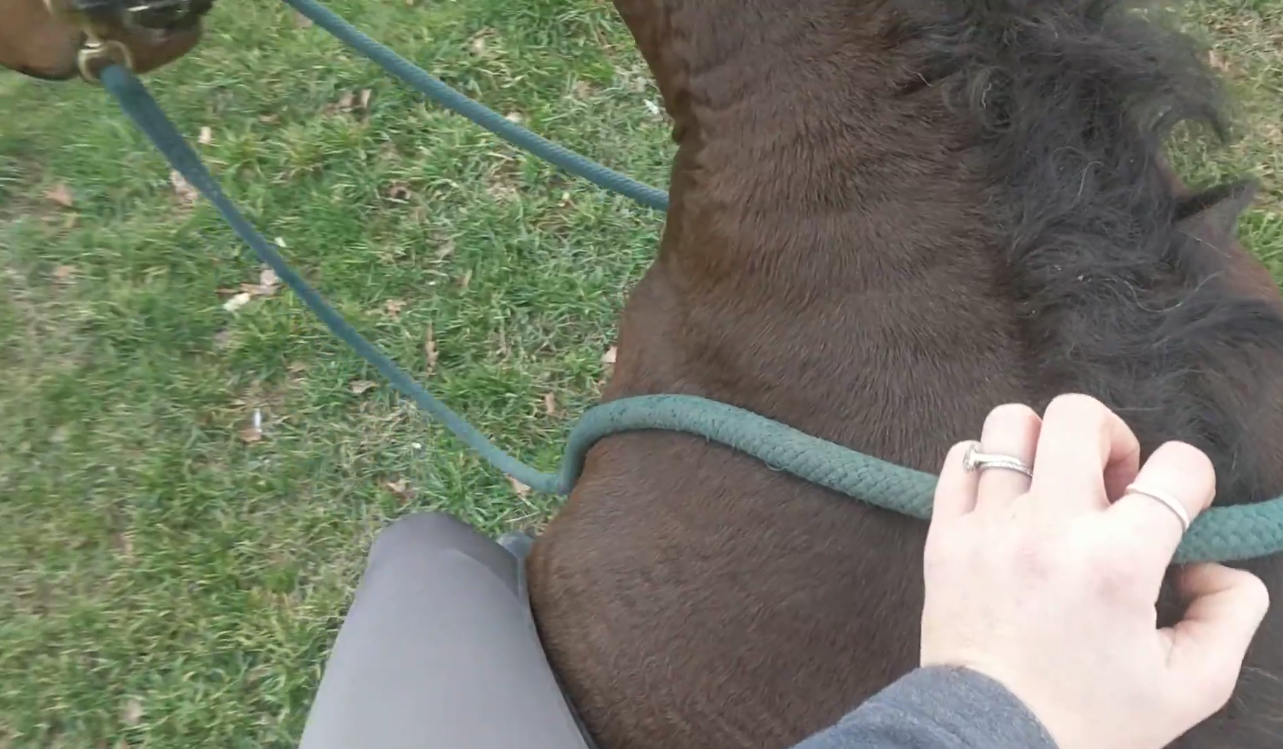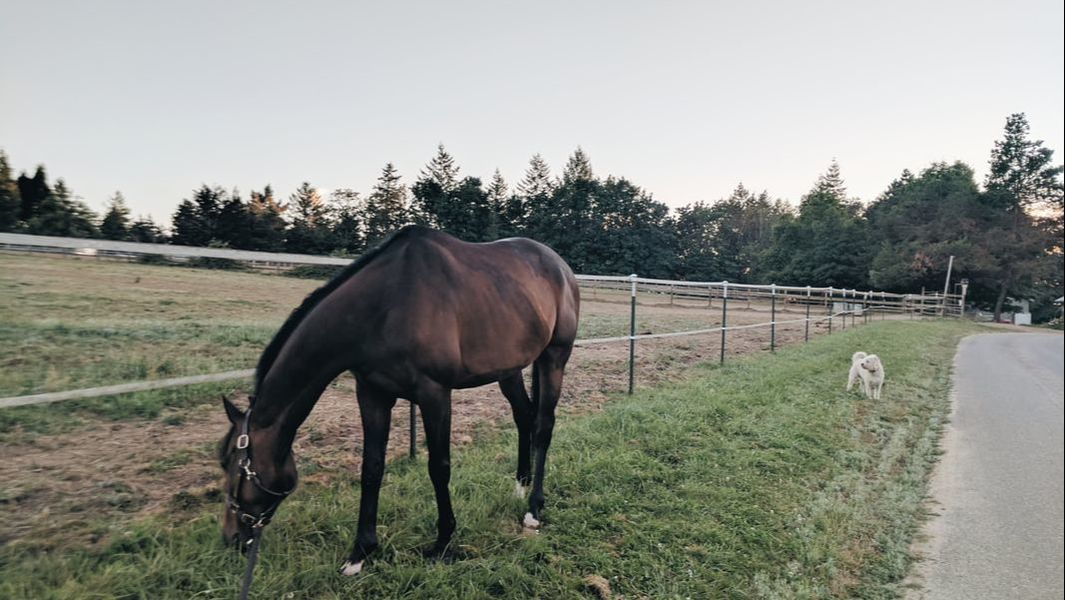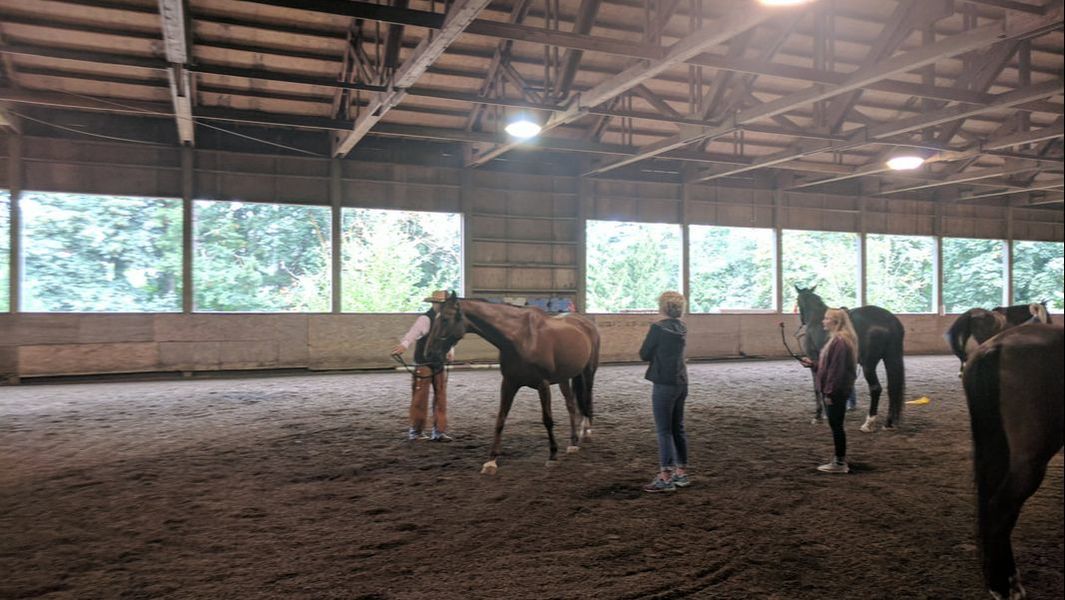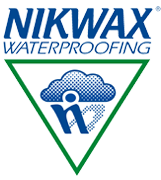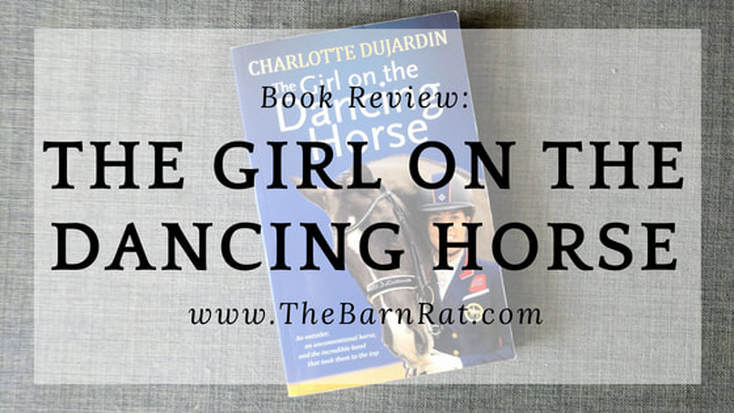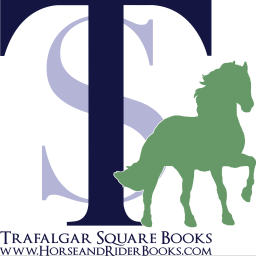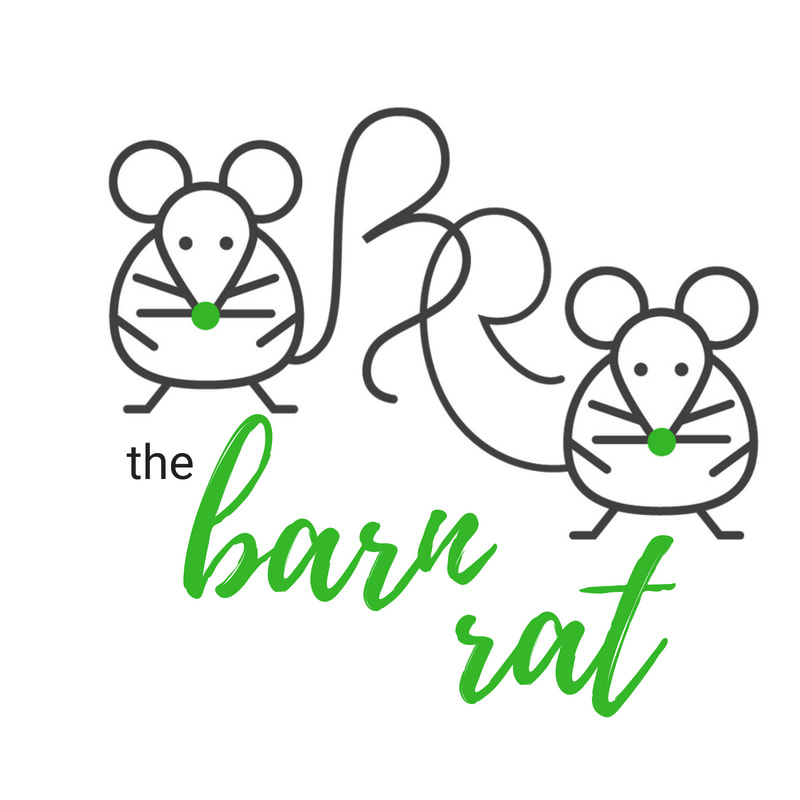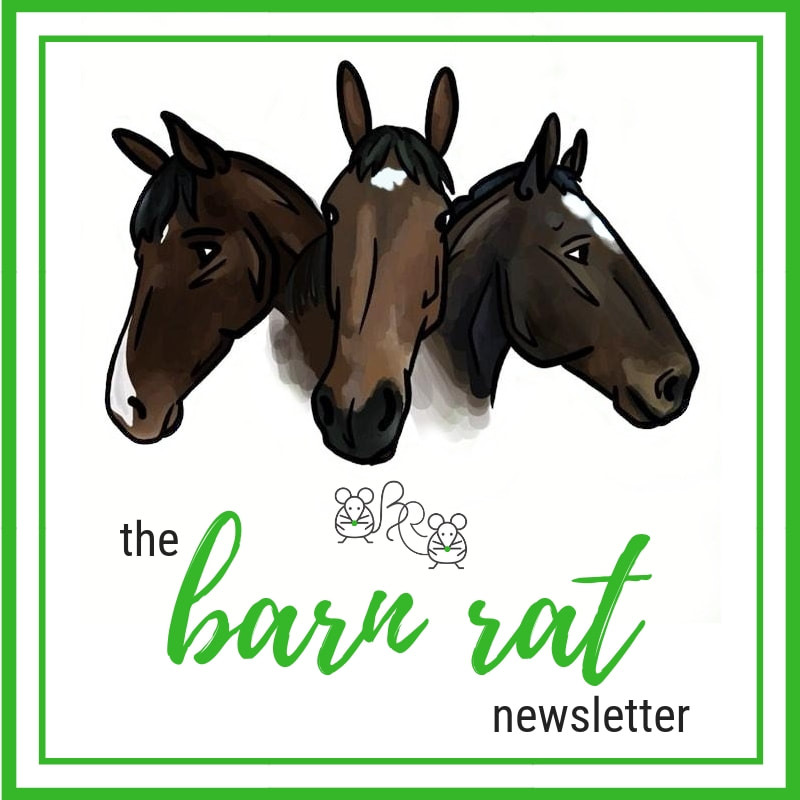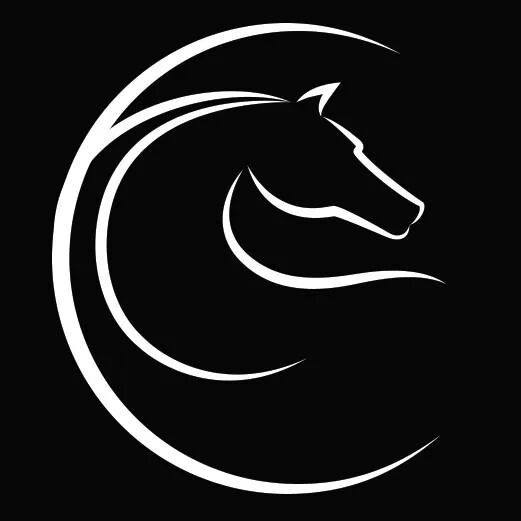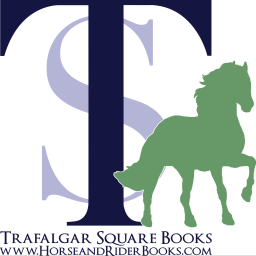|
Have you ever thought about riding in college? Did you even know you could continue your riding career while continuing your education?! Today we are highlighting just one of the many ways you can ride in college. IHSA stands for Intercollegiate Horse Shows Association and is a college riding organization that offers competition in hunt seat equitation, western horsemanship and reining. There are over 400 schools in the U.S. and Canada that have participating teams! With so many schools offering IHSA teams the way each team is formatted can look different school to school. Some colleges and universities offer their IHSA teams as more of a club sport where a handful of riders get together and ride at a local barn and then compete at the shows, while other teams are made of hundreds of riders with the schools having their own barn and horses and some even cover the expenses of showing and offer scholarships. As you are looking around for your perfect fit for a school, if you are interested in riding on one of these teams be sure to reach out to the coach ahead of time to see if their team seems like the right fit for you! How does IHSA work?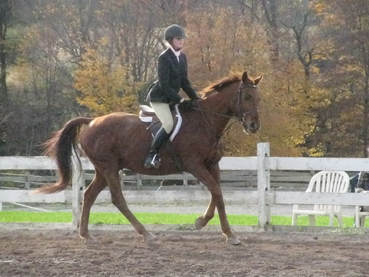 Well, basically you show up to the horse show and draw a horse's name out of a hat and then get on and show that horse. The hosting team provides all of the horses so owning your own is not necessary to be on the team. A typical day at an IHSA show would look like this: You and your team arrive at a crazy early hour to watch the warm up of the horses. You have no clue who you might be riding so you watch them all to try and see if you can pick up any clues on what they might be like. Then there are meetings and things for the coaches and captains, so unless you are one of those, you do a lot of waiting. Then you find out who you are riding. Sometimes you actually get to draw your horse's name out of a hat but most of the time the steward will do the draw to save time. Then you wait for your division (there is a lot of waiting). The levels range from 3' Open to Walk/Trot. What level you end up riding in is determined by your coaches at the beginning of the year and they take in to consideration your previous riding experience. Each coaching staff will have their own strategies on how to place riders but generally you want to be in a much lower level for IHSA than you would do on your own horse, or the horse you consistently ride. The reason for this is because riding a horse you don't know either over fences or through a reining pattern can be very difficult! And this horse you randomly are assigned, yeah, you don't get to warm it up at all! You literally get on, adjust your stirrups and then are led into the ring to go show. You don't even get to walk the horse independently, someone is always there handling the horse. All of this is to make sure there is a level playing field and that no one is getting to know their mount better than the next person. Each class is judged on the rider exclusively to help level the playing field and account for some horses being harder draws than others. Throughout the season riders compete in local shows hosted by different teams and earn points in each class to "point out" to the next division and to qualify for post season competition. After the regular season there is the Regional show and the top riders in each class from Regionals qualify for Zones. Below is a list of each zone and the states within that Zone. Then the leading riders and teams from each Zone participate in the National Finals that is held in different areas each year.
What are the benefits to riding on an IHSA team? There are a few major benefits to riding on an IHSA team. 1) It is probably the most feasible way to horse show ever! Let's face it, riding and showing is EXPENSIVE but doing so through IHSA is an amazing opportunity. At the most you can only ride in two classes per show and every show costs the same dollar amount to enter, so for the shows themselves they never add up to being more than you expected! Now each school can be different on the other costs of showing so be sure to ask about travel, coaching, equipment, meals and practices. For the most part, however, riding on an IHSA team is the easiest way to continue riding and showing throughout college. 2) Riding is typically a very individual sport so being in a team atmosphere is usually missing in regular horse show environments. So cheering on your teammates and traveling together can be a totally new experience for some. But, it is so worth it and the people you meet on your IHSA team often become friends for life!
Did you ride on an IHSA team when you went to college? Tell us all about it in the comments below!
0 Comments
Finally, all the videos I took while at IEA Nationals coaching have made it into a video diary! We had a blast! Watch and get a glimpse into our time in Syracuse. Are you ready to dive in to our next book? Well this book is literally being released TODAY! We will be reading Tik Maynard's book In The Middle Are The Horseman. Tik writes about his vast experience being a working student and all of the lessons he has learned along the way. You can pick up your copy through Trafalgar Square Books and use the code BARNRAT to get 20% off and free shipping!
Do you dream of traveling to all the top horse shows and help manage the barn and horses? Well that's exactly what today's career panel interviewee gets to do! We caught up with Courtney Billings, who works for Court Lin Frae Stables, and got to hear all about her interesting job. 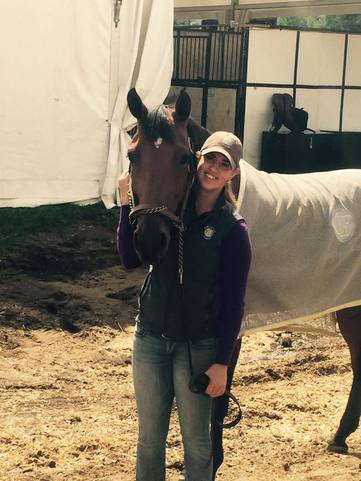 TBR: What is your job title? CB: Barn Manager TBR: Describe your position and your average work day. CB: My position is to oversee the day to day care of the horses in the barn. My average work day does depend on whether I am at a horse show or not. When I am not at a show, my day starts at 7AM with feeding, stalls, and turnout. The trainer and clients usually start to show up around 9AM to start their rides. I will get their horses ready for them and take care of them afterwards, whether that means bathing them or grooming them, whatever they may need. If any of the horses are going to jump that day I will go out to the ring to set jumps. Once all the clients are done riding for the day I will ride any horses that I have for the day. Come afternoon and all the rides are done the stalls will get picked out, top off water, feed, and make sure the horses are all set for the night. Night check is done around 8PM every night, just to check on the horses after they have eaten their grain, give them another flake of hay and top off water. The difference when at a show is usually just the start time (6:30AM). Also, all the riding will vary depending on the show schedule, and when each horse is showing. TBR: What is the best part of your job? CB: The best part of my job is watching the horses succeed. I work with these horses’ day in and day out making sure all their needs are met. I’m the one scheduling with vets, farriers, chiropractors, dentists etc. to make sure the horses are looking and feeling their best before walking into the show ring. When it all comes together and the horses walk into the ring and put in a great round or even win, I experience the same excitement as the rider. The horses are on my mind 24/7 and I will do whatever I need to do to keep them happy and enjoying their job, and seeing them enjoy their job makes it all of the hard work worth it. TBR: What is the hardest/least desirable part of your job? CB: The least desirable part of my job is trying to find working students/grooms. Trying to find hard working, reliable, passionate help is very hard to come across in this industry. As for the hardest part of my job I would say it must be the traveling. My schedule is 6 months in Wellington, FL and 6 months traveling up the east coast. Although going to all the different horse shows and seeing all the cool places I get to go to is amazing, being on the road and living out of a suitcase does get tiring. TBR: How many hours a week do you spend working? What is the work/life balance like? CB: When I am not at a horse show a normal work week is probably about 60 hours/week. When I am in Florida during the winter it is easy for me to maintain a good work/life balance because I get Mondays off. When I am on the road in the summer it is a little more difficult because of the traveling. TBR: What advice would you give to someone wanting to do this job? CB: For someone who is looking for this position I would say they need to be prepared to be on call 24/7 and make this job a big part of their life. Someone once told me that this isn’t just a job it’s a lifestyle, and I think that is the easiest way to describe this job and to mentally prepare for it. Although it is still possible to maintain a normal work/life balance the horses are still going to have to come first when you are the person responsible for them. But at the end of the day the rewards that you get from this job and the relationship you build with the horses make everything worth while. TBR: What experience or schooling did you need to qualify for this job? CB: Before getting this job, I did attend Centenary University and received my Bachelor’s of Science in Equine Studies. My education from Centenary was extremely beneficial in preparing me to work in the industry after graduation. While I was attending Centenary, I was able to have a working student position with one of my professors at her business. My working student position was very helpful in getting my feet wet in the industry and allowed me to get a feel for what it was going to be like after college. TBR: What is the range of pay for this position?
CB: The range of pay does depend on the size business which is always something to keep in mind. The salary range is $500-$650/week. Most of these jobs do provide housing which is a major financial cost that I get to save. TBR: What are 3 things you would want someone applying for this job to know? CB: 1) Observe everything, I spend a lot of time in the schooling rings at horse shows and I get to watch a lot of the top professionals so I try and absorb everything I see and hear. 2) Stay connected, leave a good impression with everyone you meet and work with you never know when you might need a reference or some help. After having this job for five years and working with so many different people with different jobs in the industry I have acquired many different skill sets that have only helped me improve in my job. 3) The horses will always come first. Whether it’s early mornings prepping horses for the ring, or staying at the barn late with a vet or doing multiple night checks for a sick horse it is my job to be the person that is there for the horses. Sometimes these things might ruin plans that I have made for that day but horses are unpredictable and I must be prepared for that at all times. TBR: What do you think the horse industry needs to do for the future? CB: I think one of the biggest things the industry needs is for the future generation to have more involvement in the care of the horses. A lot of the students graduating college or coming into the industry believe that it is all about the riding but the horses they are riding wouldn’t be ready for the ring without the people that care for them. The people behind the scenes are a vital part to the horses’ life, and the reason we all even fell in love with this sport was for the animal and I think at the end of the day we all need to remember that. How often is that you get to peak around the number one female rider in the world's barn?! Well we got to do just that! Our wonderful tour guides Becky and Meg showed us all around and gave us the inside scoop. AuthenticRead all about this superstar by clicking the link above! But, the short version is he was Beezie's mount for her first Olympic games in 2004 in Athens winning a team gold medal and again in 2008 winning a team gold medal and an individual bronze medal. Authentic was retired from competition in 2009.
Cortez CKnown in the barn as Tiny, Cortez C helped Beezie win the bronze at the 2014 World Equestrian Games and he won the "Best Horse" title. He also helped team U.S. win the silver at the 2016 Rio Olympic Games.
Come along on our tour! Watch the video below.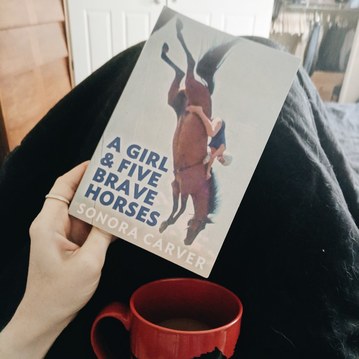 So, I don't know if you remember me saying that I was nervous about reading this book. I honestly expected to read about questionable living conditions for the horses and dangerous things the horses were asked to do, but thankfully this book was the absolute opposite! Sonora's voice is so positive you can't help but feel the love and respect they had for their horses. She talks about how they trained the horses and everything she said still holds true today. Good horsemanship is good horsemanship. I also expected the writing to feel older since the story is based on 1920ish happenings and published in the early 60's but the book feels modern even though traveling acts like diving horses is nothing I've ever known. This was an easy read, it took me two days to finish, but it wasn't just easy for the sake of simplicity, I got wrapped up in the chapters describing each horse Sonora rode and how detailed she was in sharing their unique personalities. I felt like I got to know each horse and really saw how the horse had a passion for their job just like any horse could have today. The horse's personalities shined through so well that I found myself actually laughing out loud that my husband asked what was happening. I also expected that the circumstances of Sonora going blind would have been from negligence or some scary disaster that I was hesitant to read about. But, in true horse person fashion, the incident that lead to her blindness is something I could see most horse people brushing off and continuing on like nothing happened. She actually continued her act for 11 years after going blind! Sonora was a true tough as nails horse professional that I see constantly in the industry today. This book far exceeded my expectations and was very enjoyable! I'm looking forward to finding the movie made based on it (Wild Hearts Can't Be Broken) to watch as soon as possible! We are so excited to have been able to interview Piper Klemm PhD for our career panel series! You can find her working for The Plaid Horse Magazine (read the mag here!) and on The PlaidCast the podcast. 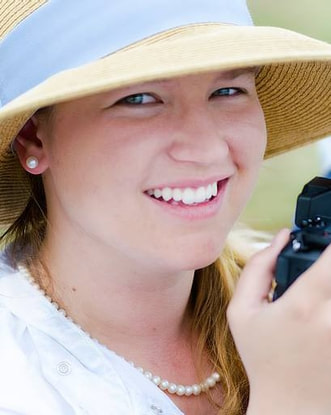 TBR: What is your job title? PK: I am the Publisher of The Plaid Horse Magazine, and the Owner of Piper Klemm PhD LLC, a corporation serving the equine industry through investments, equine sales and leases, and media. TBR: Describe your position and your average work day. PK: I wake up everyday between 6 and 7 am and get right to work - I answer a few emails before I get out of bed and am already planning, thinking, and on social media by the time I brush my teeth. Throughout the day, I handle any issue that comes up between employees, magazine, clients, ponies, etc - I'm always on my phone. Being the Publisher - I do a bit of everything as it needs to be done - I write, photograph, manage, invoice - I have everything going at once every day. I travel a lot for horse shows, I prepare for and record 6 podcasts a month, and I educate companies about the media landscape in the equine industry and how to maximally utilize it - I'm in a lot of meetings! TBR: What is the best part of your job? PK: I love working with young people - we have a super internship program and to watch them find their own voice in the industry, learn, and really start to excel and feel the confidence of knowledge is always a fun time for me. I like the horse shows when I can spend some low-key time with my ponies too - there's nothing like holding a lead rope for a hand graze as the sun rises. TBR: What is the hardest/least desirable part of your job? PK: There is a ton of paperwork and it is always a struggle to keep everything organized, in it's place, and people up to date and happy. I really love to travel, but sometimes I travel so much that those drives and flights can feel really, really long. I'm always happy to see my husband and have a few quiet days at home. TBR: How many hours a week do you spend working? What is the work/life balance like? PK: I really have no interest in a work/life balance. I love what I do, this is my passion, and I chose this career because I want to spend every minute of every day on it. I would say I take about half a day off every two months or so. I go to movies and dinner with my husband and don't bring my phone - I try to be very present when I am not working. We both have the same values, so that helps and isn't ever an issue. TBR: What advice would you give to someone wanting to do this job?
PK: Anything worth doing well and any business that is your own is a ton of work. There is risk, there is fear, there is a lot going on. If it's for you, go for it! If it's not, seek out a more stable situation. TBR: What experience or schooling did you need to qualify for this job? PK: I have a B.S. from Trinity College and a Ph.D. in Chemistry from the University of California, Berkeley. My education helped organized me on how I learn, think, and manage. I encourage everyone to get as much education as possible and dive in and get to know yourself in the process - knowing how you learn and how to push yourself is essential to success. TBR: What is the range of pay for this position? PK: As the owner of the company, I invest as much as I can in the next project and in growth. I live as simply as I can and keep an eye on every budget and think about longevity and long-term growth. TBR: What are 3 things you would want someone applying for this job to know? PK: My job you have to create - they're not really out there to apply for. I would say read and learn as much as you possibly can about a variety of topics, challenge yourself, put yourself out there, and pay attention. So much can be accomplished if you can do those four things. TBR: What do you think the horse industry needs to do for the future? PK: Like most industries, it is a very interesting time for the horse industry. We need growth, we need to be inclusive, and we need to train people to be good owners, trainers, horseman, and every other job in the industry. I hope every young person takes the time to learn and appreciate what the older generation has to offer. I hope every established person takes time to mentor and give opportunity to young people. We need to come together as a community to grow this sport and make it better. Life is a grassroots campaign - success starts with one person, one interaction and grows from there. Everyone can make the time every day to positively impact all of us. For the month of June we will be diving into the topic of understanding what your horse is saying. Zen Mind Zen Horse combines eastern philosophy with horsemanship and how understanding how horses communicate deals with the energy your horse is giving off. I'm sure we've all felt totally clueless to what our horses are trying to tell us! I'm excited to dive into this book and I hope you pick up a copy today on Amazon! With summer just around the corner and the warmer weather starting to give a taste of what's to come here are five ways you can spend time with your horse relaxing. Summer is the time to horse show every weekend but, just like we need a day off, sometimes our horses need a break from training and the routine. This post was sponsored by Nikwax Waterproofing.
Be sure to use their products to keep your equipment adventure ready! 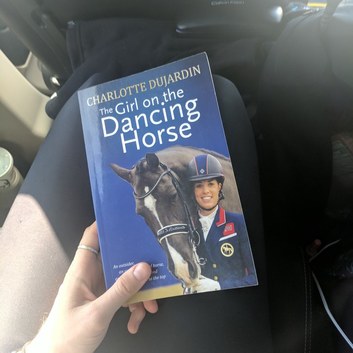 Charlotte Dujardin has taken the dressage world by storm! Basically, as soon as she reached the top level she was winning all the major titles with her horse Valegro or known in the barn as Blueberry. At only 33 years old Charlotte will be around for many years and getting a glimpse into her life thus far was a treat. Often, you get to read about great riders after their careers are somewhat over. I feel like I got a peek into the current industry at this current time instead of looking back on an industry I've never known. More riders should put out books! The book starts by walking you through Charlotte's riding as a child and how it was a family affair. She even left high school at 16 to pursue her riding. And at 21 she started her working relationship with Carl Hester, who she still works with to this day. It was interesting to think about the differences between the U.K. and the U.S. and being so much closer to all of your countries top riders instead of being spread out so far. Charlotte's writing style is so comfortable and enjoyable. I feel like I know her and if we ever met we would already be friends. I liked that she shared her battle with depression. It's so easy to think that someone with so much success would be immune to those feelings. I love that she's contributing to a conversation that is worth having! Through her stories, we got a glimpse into what it takes to be at the highest level of the equestrian sport. I was shocked to read about how hard she is on herself, she would come out of the ring with a record breaking score and still talk about all the parts that went wrong. Some parts of this book were definitely hard to relate to, but all in all I really enjoyed it! This book was brought to you by Trafalgar Square Books.
All opinions are my own. |
Categories
All
SponsorsInterested in sponsoring The Barn Rat? Be sure to contact us here!
|
